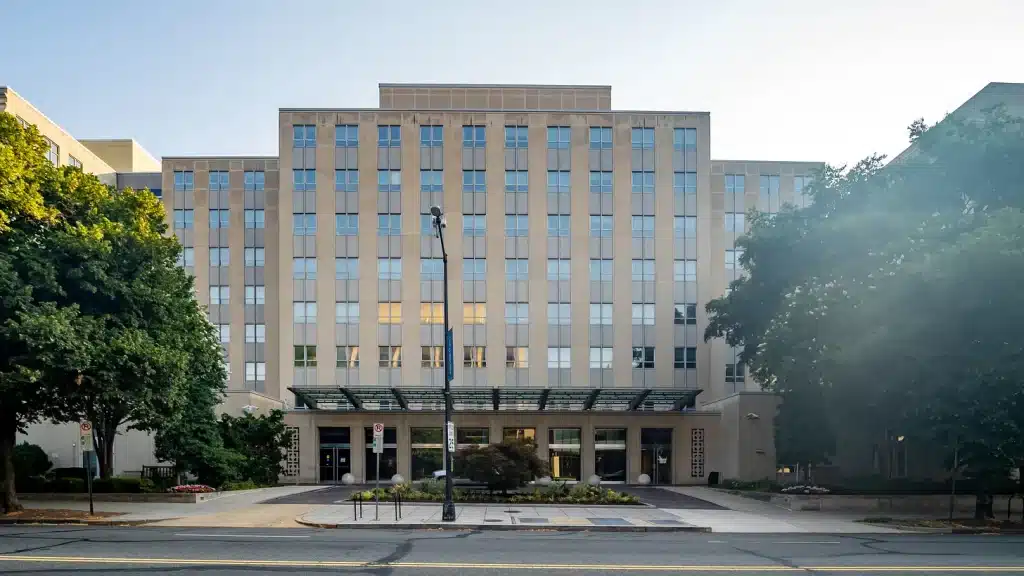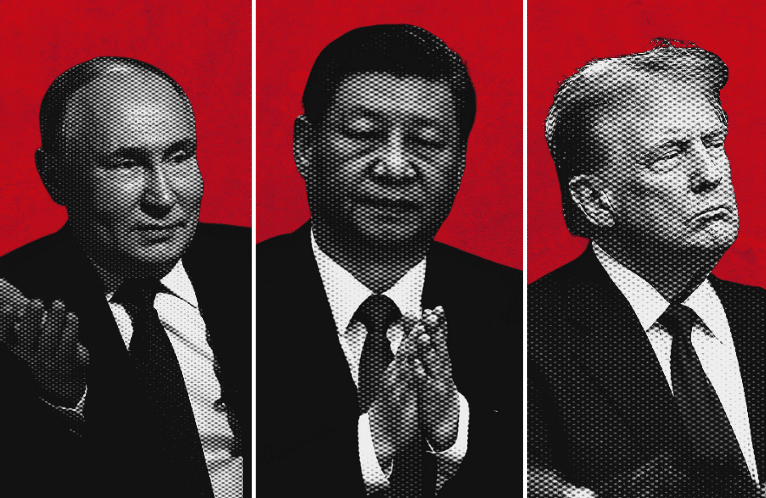Exclusive: Demographics, The Keys to Victory
Going back in time to the general election of 2008, the candidacy of Barack Obama invigorated voters, particularly African Americans. While only 47.1% of African American voted in the 2004 general election (the majority of which supported John Kerry over incumbent President and 2004 winner, George W. Bush), that number jumped to a striking 55.4% in the general election of 2008, with the overwhelming majority of African Americans voting for Obama. Between the 2004 and 2008 general elections, Asian and Hispanic/Latino voters’ turnout jumped as well, from 34.3% to 40.6% for Asian Americans and from 33.0% to 38.8% among Hispanic/Latino Americans. While voter turnout dropped a bit in the general election of 2012, African American voters still turned up to vote with the majority supporting the incumbent president.
With the rise of the “anti-establishment” candidates, the importance of minority voters seems to have been swept under the rug. However, with Hillary Clinton’s victory over Bernie Sanders in Nevada this past Saturday (February 20), the focus on ethnic demography has returned in full force, as Clinton took a striking majority of the African American vote. Sanders ended up winning a majority of the Caucasian and Hispanic/Latino voters, but with not as big a margin as the African American vote in favor of Clinton over Sanders.
Ethnic demography: Its importance in the Nevada caucus.

While the Iowa and New Hampshire primaries give the candidates an idea about the effectiveness of their campaigns, they do not provide a strong indication about how the candidates are doing among voters of different ethnic groups. This is especially true for Republicans. In the February 20 Republican Primary in South Carolina, a state in which over one quarter of the population are African American, the turnout was overwhelmingly Caucasian, with 96% of primary voters being Caucasian. Only in Nevada will Republicans begin to get a better picture of their appeals to nonwhite voters.
With Hillary Clinton’s victory in Nevada owing no small debt to the African American vote, the minority vote in Nevada will be important for Republicans..
Donald Trump is currently ahead in the polls in Nevada with some political scientists estimating the New York businessman winning 35% of the vote. Much of the support comes from Trump’s vociferous appeal to “angry” voters and the massive momentum from his major victories in New Hampshire and South Carolina. It also doesn’t hurt that the name “Trump” hangs over the Las Vegas Strip on the hotel build by Mr. Trump’s company.

While Donald Trump possesses a business history in Las Vegas, Marco Rubio shares a personal history, spending a few of his childhood years (from age 8 to 11) in Las Vegas which we can guarantee will work its way into the Florida Senator’s rhetoric.
When considering the Hispanic/Latino vote in Nevada, who makes up 27.8% of the population, it is an interesting question whether this fast-growing demographic would be willing to support Ted Cruz or Marco Rubio in the same way that African Americans backed Barack Obama in 2008 and 2012. However, this is unlikely.
The main reason stems from Cruz and Rubio’s heritage, as the two are Cuban American. Both Cruz and Rubio have at least one parent that immigrated to the United States from Cuba. However, the experience of Cuban Americans differs from the largest Hispanic/Latino American population, Mexican Americans. While Mexican Americans have lived through an immigration nightmare, arriving Cubans usually receive automatic residency and welfare benefits, as many Cubans who fled to the United States after the rise of Fidel Castro and the lax immigration remained as anti-communist residue from the Cold War.
It is incredibly unlikely that Mexican Americans will rally around Cruz or Rubio simply because of the candidate’s Hispanic-sounding surnames. As Mexican Americans and other Hispanic/Latino Americans usually vote Democratic, the Republican Party will not be able to count on the heritage of Cruz and Rubio to draw in support from the Hispanic/Latino American voter base. In order for Cruz and Rubio to access the votes of Hispanics and Latinos, who make up 17.4% of the total US population, the two Cuban Americans will have to work as hard as any other candidate.
Religious demography: an untapped voting bloc

The minority vote has always been a challenge for Republican candidates as the Democratic Party usually has a wider outreach to nonwhite Americans. However, there is another potential for Cruz and Rubio to defeat Donald Trump, especially in the Western United States: the Mormon vote.
The Church of Jesus Christ of Latter-day Saints has had a controversial history, with members, known as Mormons, earning much criticism from Evangelical Protestants Christians. While Mormons only make up about 4% of the population in Nevada, they are particularly politically active, having a 25% turnout in the 2012 Republican caucus, whose turnout was only bested by Protestants, who had a 28% turnout.
While the demographic was decisively expected to favor 2012 Republican presidential candidate Mitt Romney, who is a Mormon, it is currently unknown if this population has favored any specific candidate. If Rubio or Cruz hopes to best Trump in the Nevada caucus, they must find a way to appeal to and mobilize Nevada’s Mormons before Trump beats them to the punch. With Mormons also make up significant populations of other Western states, including Idaho, Arizona, Wyoming, and most of all, Utah, reaching out to the population will provide any Republican candidate to gain a strong foothold in the American West.

While Rubio, who claims to have been a practicing Mormon for some years while living in Nevada as a child, seems to have a better chance at reaching out to the Mormon vote, particularly through picking up endorsements from key Mormon politicians, he has a lot to answer for when speaking to members of this church, as Rubio converted out of Mormonism and returned as a practicing Roman Catholic. Ted Cruz, despite being an Evangelical Christian, does not have to face such awkward conversation. Both candidates, who have taken extra steps to identify their own spiritual lives, may be able to appeal to the broad Mormon demographic which the more worldly Donald Trump cannot hope to do.
Appealing to Mormons may be a two-edged sword, however. Let’s not forget that the Mormon Romney ended up losing in primaries of Iowa and South Carolina, two states with a large Evangelical population, which he lost to Catholics Rick Santorum and Newt Gingrich, respectively. However, in the end, Romney was able to pick up both the Evangelical and the Mormon support in 2012, despite sluggish turnout from Caucasian Americans.
Trump enjoys much political leverage in Nevada. Having done business in the state for many years and appealing to many voters through his controversial image, Trump is already considered a favorite in this year’s Nevada caucus. Whatever happens in Nevada will take strategic planning, as Cruz, running as the less boisterous “anti-establishment” candidate, and Rubio, who enjoys a long list of political endorsements, need to outwit the other candidates in garnering the most support while being creative in their outreach to key groups. Unless they do, it seems that Nevada has already chosen its choice for Republican candidate.
By AARON WALAYAT Feb. 23, 2016 on USCNPM








